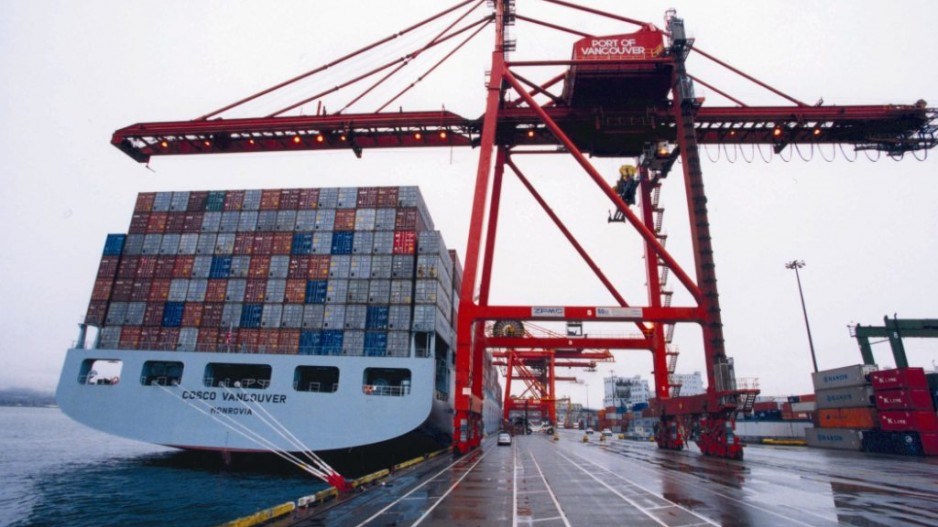Climate activists are calling for a halt on coal export expansion plans out of Port Metro Vancouver (PMV).
In an open letter released yesterday, a group of Canadian and U.S. opponents called on PMV to delay making decisions on the proposed Fraser Surrey Docks Direct Coal Transfer Facility and Neptune Terminals' proposed upgrades and coal-handling expansion.
The letter calls for the proposals to be opened up for public review.
The letter contends that, if the proposals go forward, PMV's coal export capacity will rise to 59 million tonnes annually, giving it the largest coal export capacity in North America.
The letter claims that that volume of coal, if burned, would release more than 100 million tonnes of carbon dioxide emissions annually, which it claims is more than the total volume of carbon emissions B.C. produces every year.
The letter argues that PMV's mandate is to operate "with broad public support in the best interest of Canadians."
"We write to you today to insist that these proposals are not in the best interests of Canadians, nor anyone else," the letter states. "We also ask that you acknowledge that you cannot legitimately claim that these projects have broad public support, because you have not adequately informed the general public about their existence nor sufficiently invited the public to provide comment on their impacts."
Signatories of the letter include climate action group 350.org founder Bill McKibben, social activist and author Naomi Klein, climate scientist James Hansen and the David Suzuki Foundation.
Responding to the letter, PMV director of planning and development Jim Crandles emphasized that the port's mandate is to facilitate trade.
He clarified that, while the letter implies that PMV's coal shipments are thermal coal used for high-emissions energy production, the majority of the port's coal exports are actually used in steel-making.
Crandles said the port has been consulting with communities and governments near the expansions to mitigate any impacts on local residents.
The PMV said it would consider public input but only if it relates to the port's plans.
"We certainly want to hear from people about the impacts of these projects and whether the kind of mitigation that is being proposed at the facilities is appropriate," he said. "As it relates to a broader discussion about the product [coal] itself – I think that belongs elsewhere."




